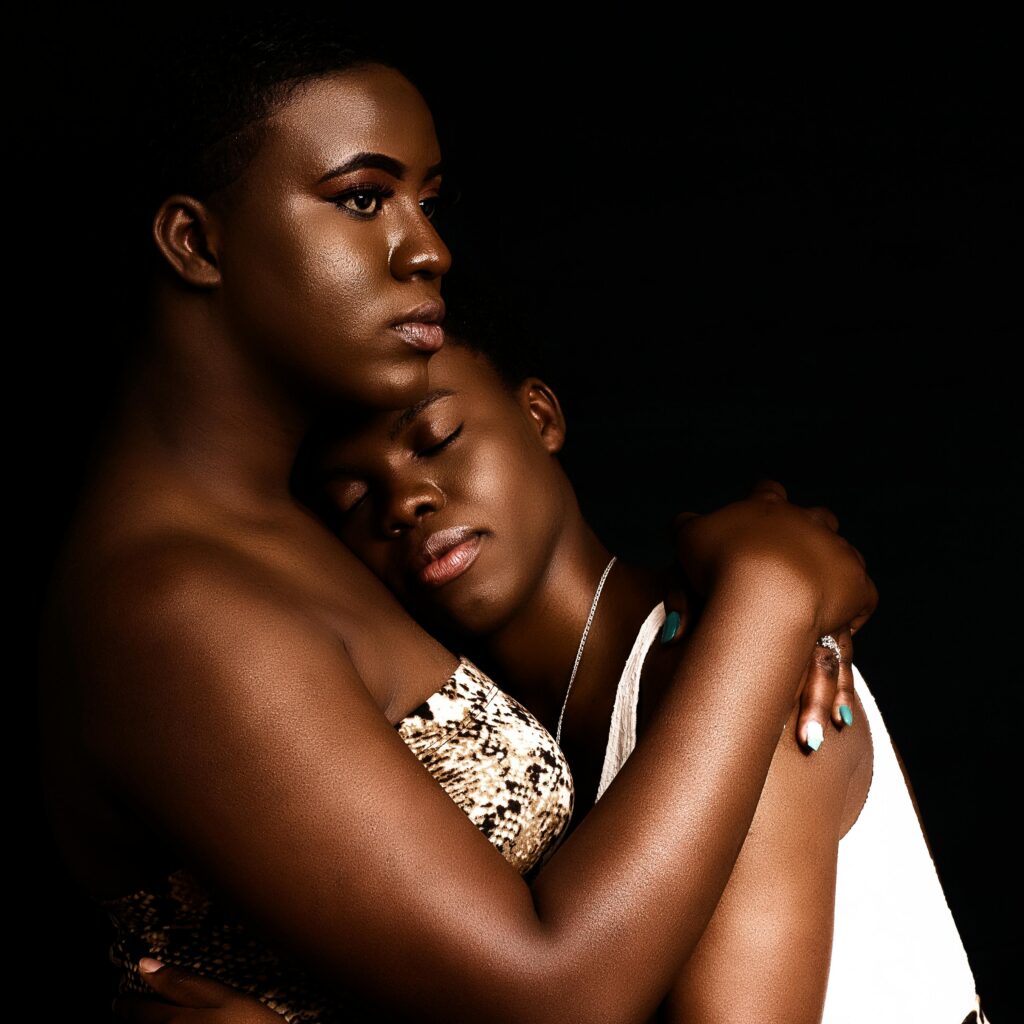It’s Black History Month, and it’s time to discuss how the “Strong Black Woman” stereotype has been glorified for generations—praised as the ultimate badge of resilience, independence, and power. But beneath the cape lies a heavy burden. This narrative, while rooted in survival and perseverance, has often stripped Black women of their right to be vulnerable, cared for, and prioritized. It’s time to dismantle this myth and make space for self-care, healing, and wholeness.
Where Did This Stereotype Come From?
The image of the Strong Black Woman (SBW) is deeply embedded in history. From the days of slavery, where Black women were forced to endure unimaginable hardships, to the civil rights era, where they became the backbone of movements while still holding down families, this trope has been passed down like a generational script. The media continues to reinforce this image, portraying Black women as unwavering pillars of strength who can weather any storm without breaking a sweat.
While strength is a beautiful quality, the expectation to be strong at all times has led to emotional suppression, burnout, and even health disparities among Black women. According to studies, Black women are disproportionately affected by stress-related illnesses, including high blood pressure, anxiety, and depression—all while being the least likely demographic to seek or have the means to mental health care.
The Problem With the “Superwoman” Mentality
This stereotype pressures Black women to show up as superheroes in every space—work, family, relationships, and society at large. The belief that asking for help is a sign of weakness prevents many from seeking the support they need. Whether it’s the single mother juggling multiple jobs or the executive climbing the corporate ladder while carrying the weight of cultural expectations and corporate politics, the pressure to “have it all together” can be suffocating.
Moreover, the SBW trope can have damaging effects on relationships. When vulnerability is seen as a luxury rather than a necessity, it creates barriers to emotional intimacy. Partners, friends, and even employers may assume Black women don’t need help, leading to a cycle of neglect and emotional exhaustion.
Reclaiming Softness and Self-Care

Deconstructing the Strong Black Woman stereotype isn’t about rejecting strength—it’s about redefining it. Strength should include softness, rest, and the right to prioritize oneself without guilt. Here’s how you Queen as a Black woman can begin breaking free:
- Normalize Vulnerability – Seeking therapy, confiding in loved ones, or simply admitting when you’re struggling is a radical act of self-love. Strength isn’t about suffering in silence; it’s about knowing when to lean on others and ask for help. Sis asking for help is actually a strength and not a weakness.
- Set Boundaries – Saying “no” is a full sentence. Whether it’s at work, in relationships, or within family dynamics, prioritizing your well-being should never be negotiable.
- Make Self-Care a Priority, Not an Afterthought – Self-care isn’t just spa days and vacations. It’s resting when tired, eating nourishing meals, moving your body, being empathetic to your feelings, understanding not being ok is ok and giving yourself grace on tough days.
- Redefine What It Means to Be Strong – True strength isn’t about enduring pain—it’s about thriving in joy, ease, and peace. Being “strong” should never come at the expense of your happiness or peace.
To The Future
It’s time to rewrite the story. Black women deserve to be seen as whole human beings—capable of immense power but also entitled to softness, rest, and care. The world may have fed us the idea that we must always be strong, but the truth is, we get to decide what strength looks like on our own terms and teach others how to treat us.
Dismantling the Strong Black Woman stereotype is a collective effort. It requires shifting societal expectations, supporting one another, and embracing a new narrative—one where Black women are free to be everything they are, without limitation or the side eye.
Black women, you don’t have to prove your strength to anyone. You don’t have to be everything for everyone. You deserve love, softness, and care—starting with yourself. The next time the world demands your strength, remind yourself that you are worthy of rest, of vulnerability, and of being poured into, just as much as you pour into others. Remember, if your tank is on E you can’t be of any help to anyone else, so take care of you first. As true strength is in knowing that you don’t have to carry it all alone.









